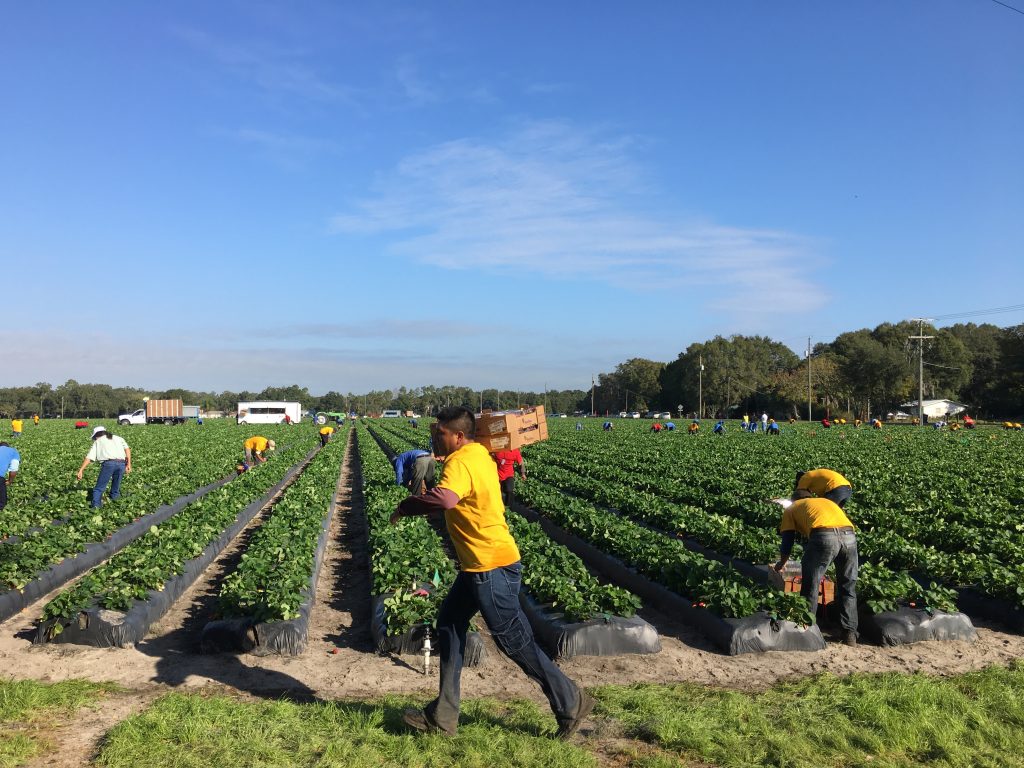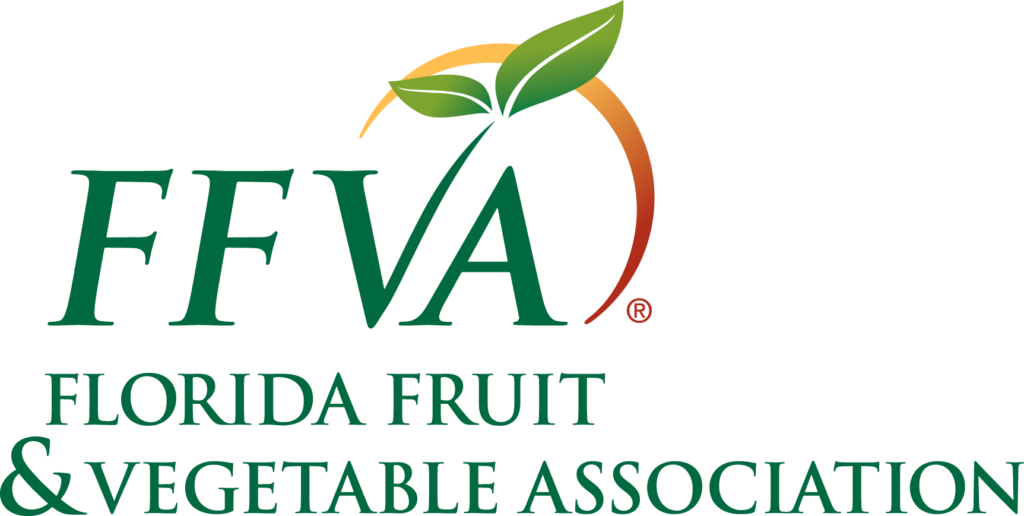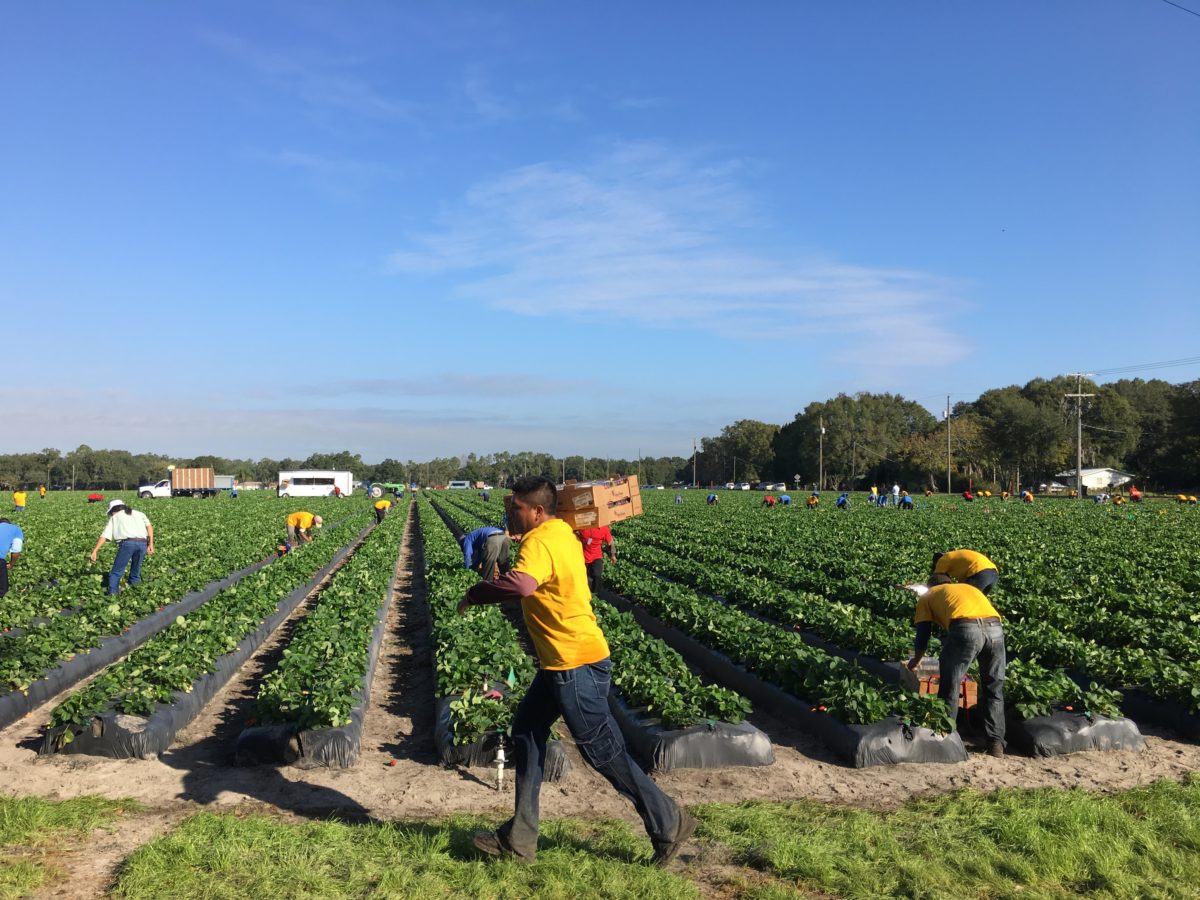Florida’s new Adverse Effect Wage Rate (AEWR) for 2023 is estimated to be $14.33, pending an official notice in the Federal Register by the Department of Labor (DOL). It would be an increase of nearly $2 from the $12.41 rate from the previous year.

The U.S. Department of Agriculture released the results of its most recent Farm Labor Survey last week, which is used by the DOL to determine the AEWR, an annual list of minimum wages for H-2A agricultural workers by state.
The H-2A temporary agricultural (Ag) program allows Ag employers who anticipate a shortage of domestic workers to bring nonimmigrant foreign workers to the U.S. to perform agricultural labor or services of a temporary or seasonal nature. Employment is tied to a certain time of year by an event or pattern, such as a short annual growing cycle, and requires labor levels above what is necessary for ongoing operations.
Employment is of a temporary nature when the employer’s need to fill the position with a temporary worker will, except in extraordinary circumstances, last no longer than one year.

The Florida Fruit and Vegetable Association released a statement regarding the new AEWR:
The USDA released the results of its most recent Farm Labor Survey, and once again, the critical need for ag labor reform to stabilize wages is affirmed. As in year’s past, the survey will be used by the U.S. Department of Labor to determine next year’s Adverse Effect Wage Rate (AEWR), an annual list of minimum wages for H-2A agricultural workers by state.
Shockingly, Florida’s new AEWR is projected to climb by nearly 15.5% to $14.33, up from $12.41 just a year ago. That’s more than double the total U.S. average for increases in the AEWR and puts Florida facing the largest increase of any area.
This news comes at a time when Florida growers are facing rising input costs like never before. The continued use of the Farm Labor Survey as the methodology to set wages only seeks to further squeeze growers and is not sustainable. If we are to keep producing a reliable, safe and abundant domestic food supply, we must modernize the H-2A visa program to align with current agricultural practices and remove outdated barriers that restrict access for Florida’s seasonal growers.
We understand the Senate is making progress on a possible companion bill to the House-passed Farm Workforce Modernization Act and would strongly urge swift action so that farmers can continue putting nutritious food on the tables of American consumers.










